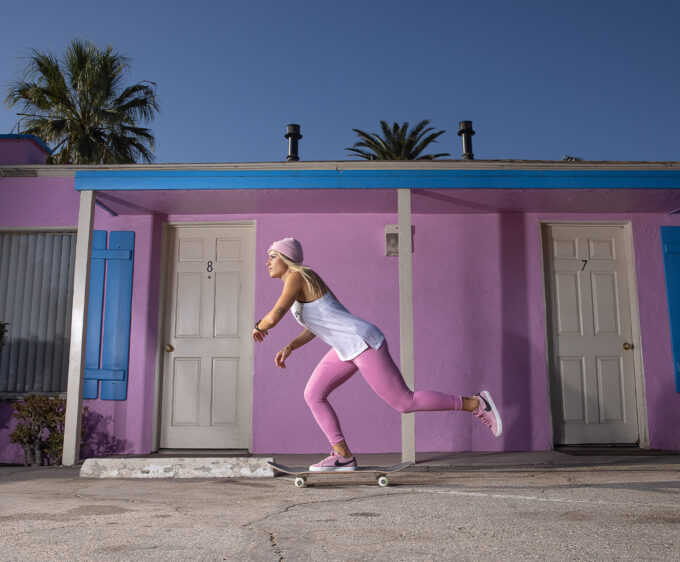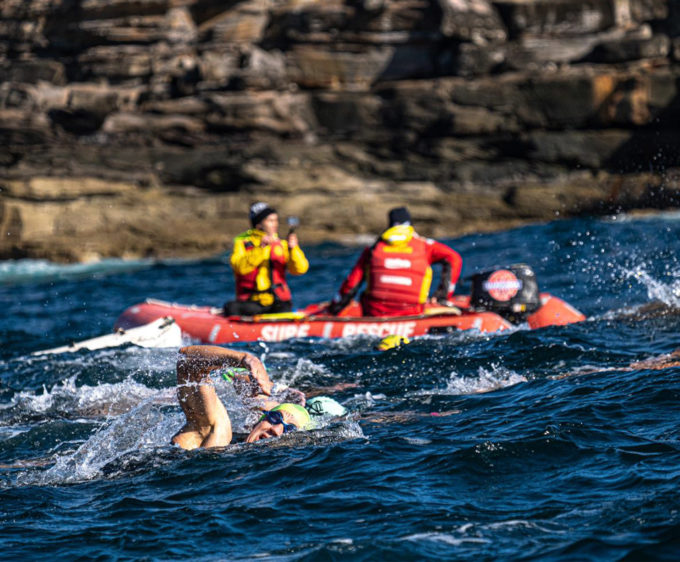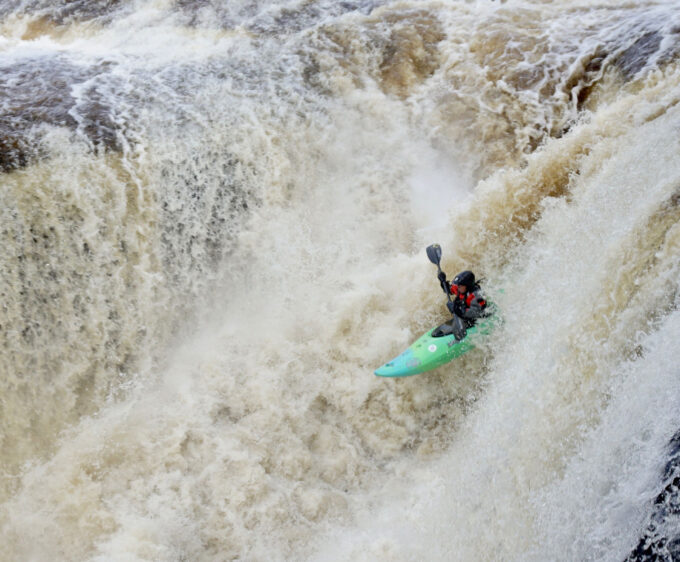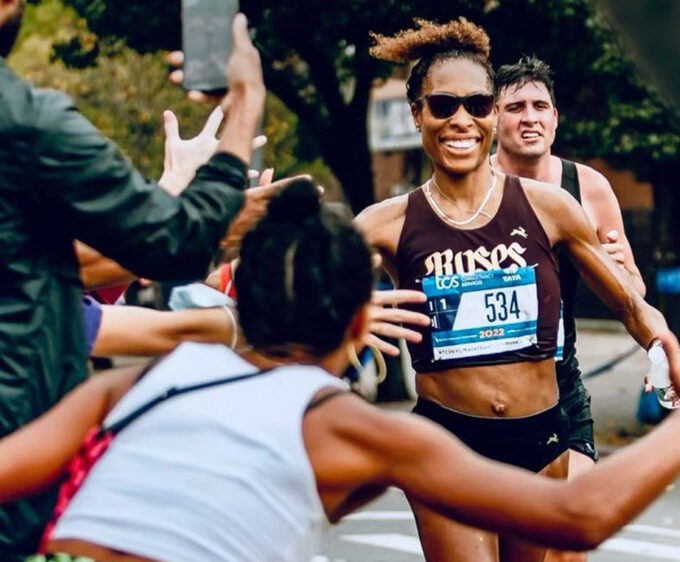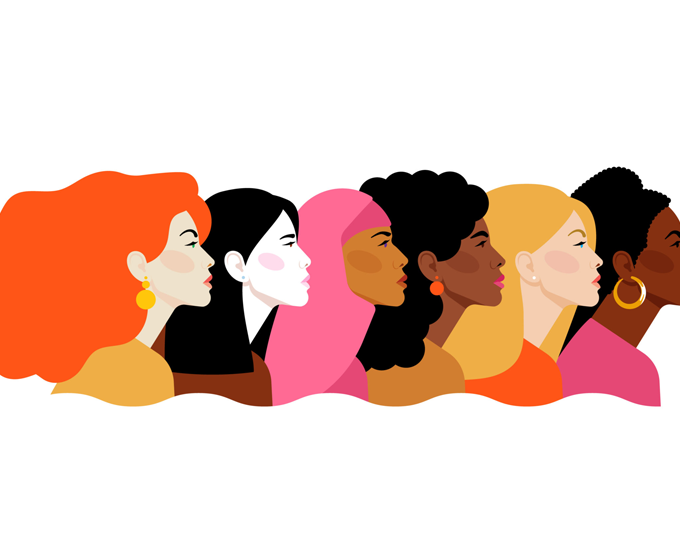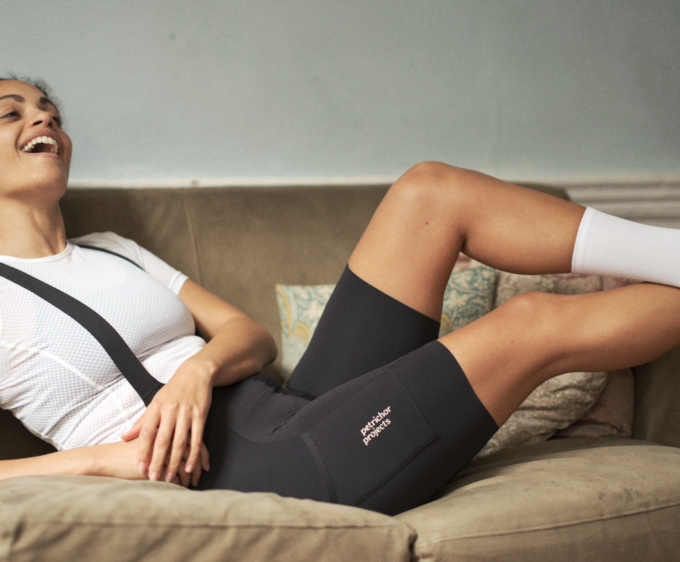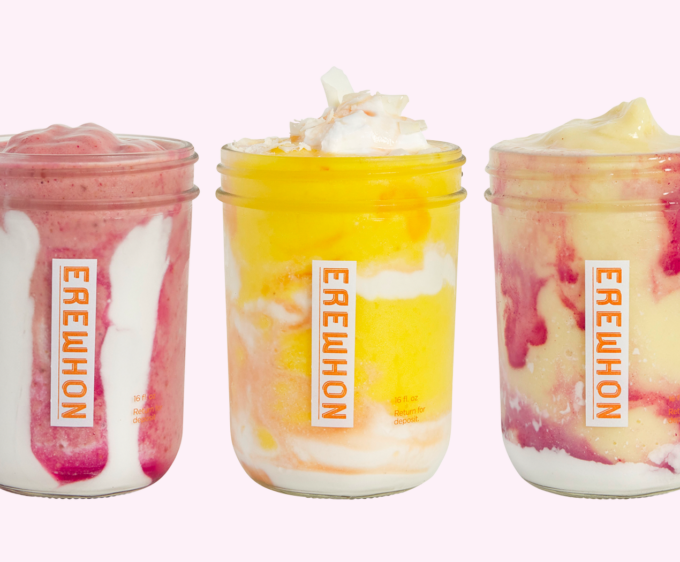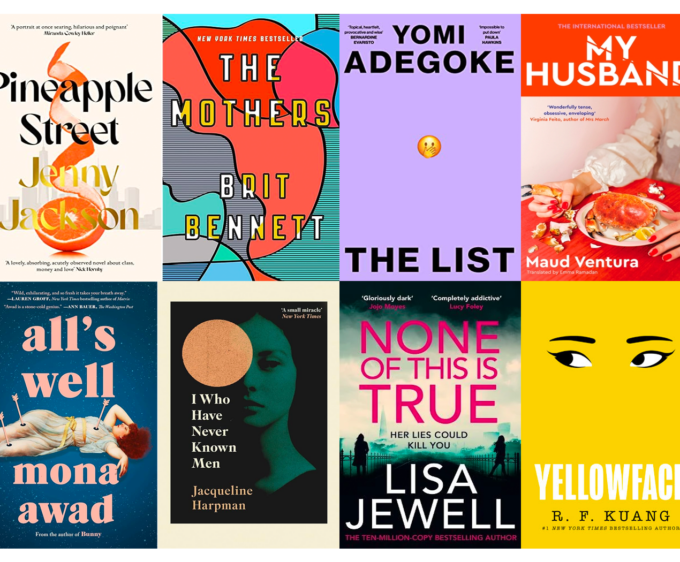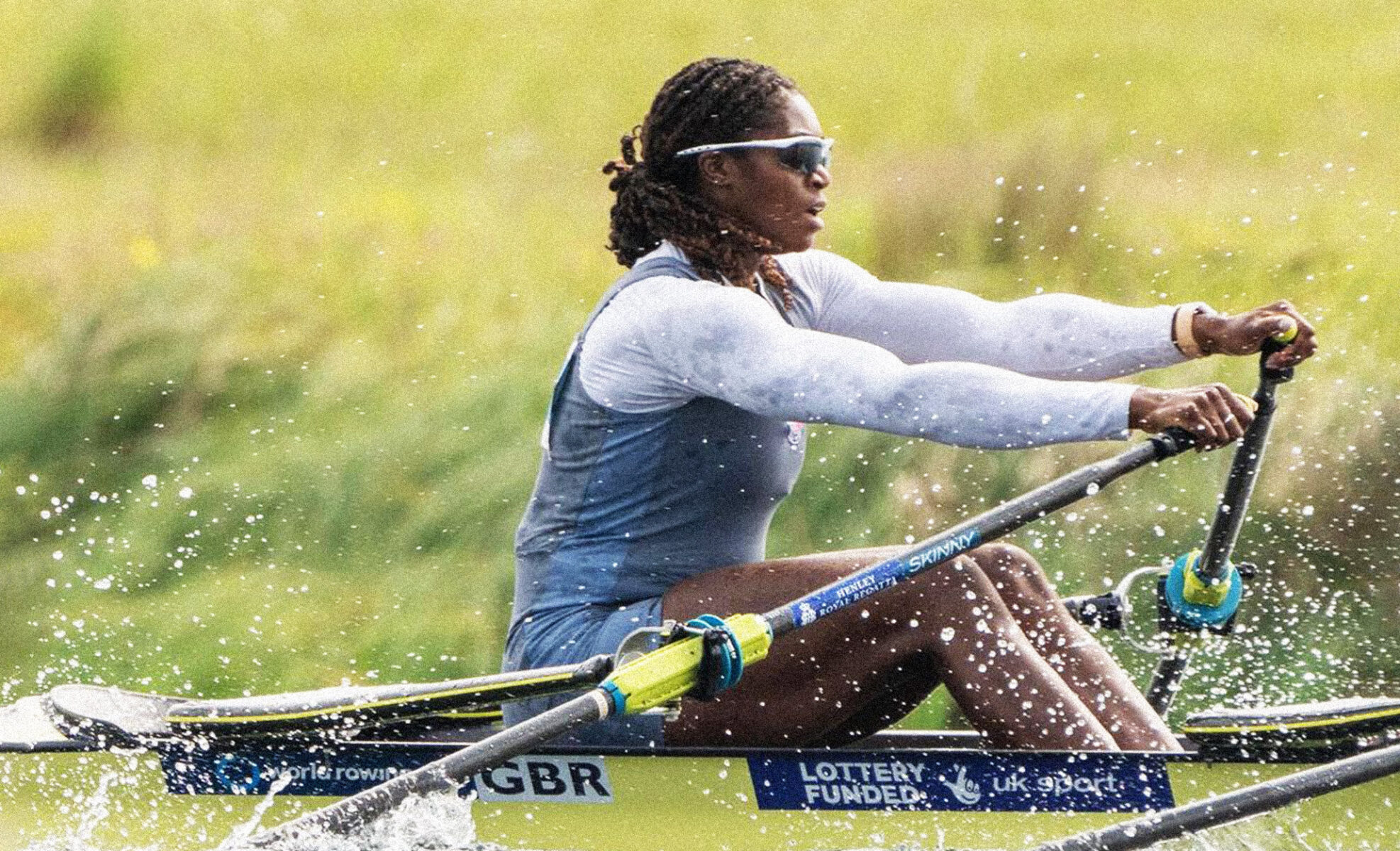
Rocking The Boat
When you think of a rower, the chances are you think of a posh, white male. We meet Londoner Vwairé Obukohwo who's on a mission to change this perception, and we sit down to chat about balancing studies with rowing, mentorship and Nicki Minaj!
By Glorious
Growing up in a busy area of London didn’t allow Vwairé Obukohwo much freedom for an active lifestyle. She was the exact opposite of someone that you would describe as sporty, but aged 16 this changed when she attended sixth form and discovered rowing. Since she joined the sport, Vwaire has been smashing records, including an age group world record in the 1 minute category (344m) and four British age group records in the 6000m at 21:56.3. This year she took bronze in double sculls at the U23 World Rowing Championships and won double sculls gold at Henley Women’s Regatta. The 21-year-old, a final year student at London’s Royal Holloway University is studying for her BSc in Economics while juggling her busy rowing schedule, as well as working as an athlete mentor for the Dame Kelly Holmes Trust. Vwaire describes her experiences of rowing in a predominantly white, upper-class space, how she wants to represent and inspire young rowers, and why Nicki Minaj often features in her pre-race ritual.
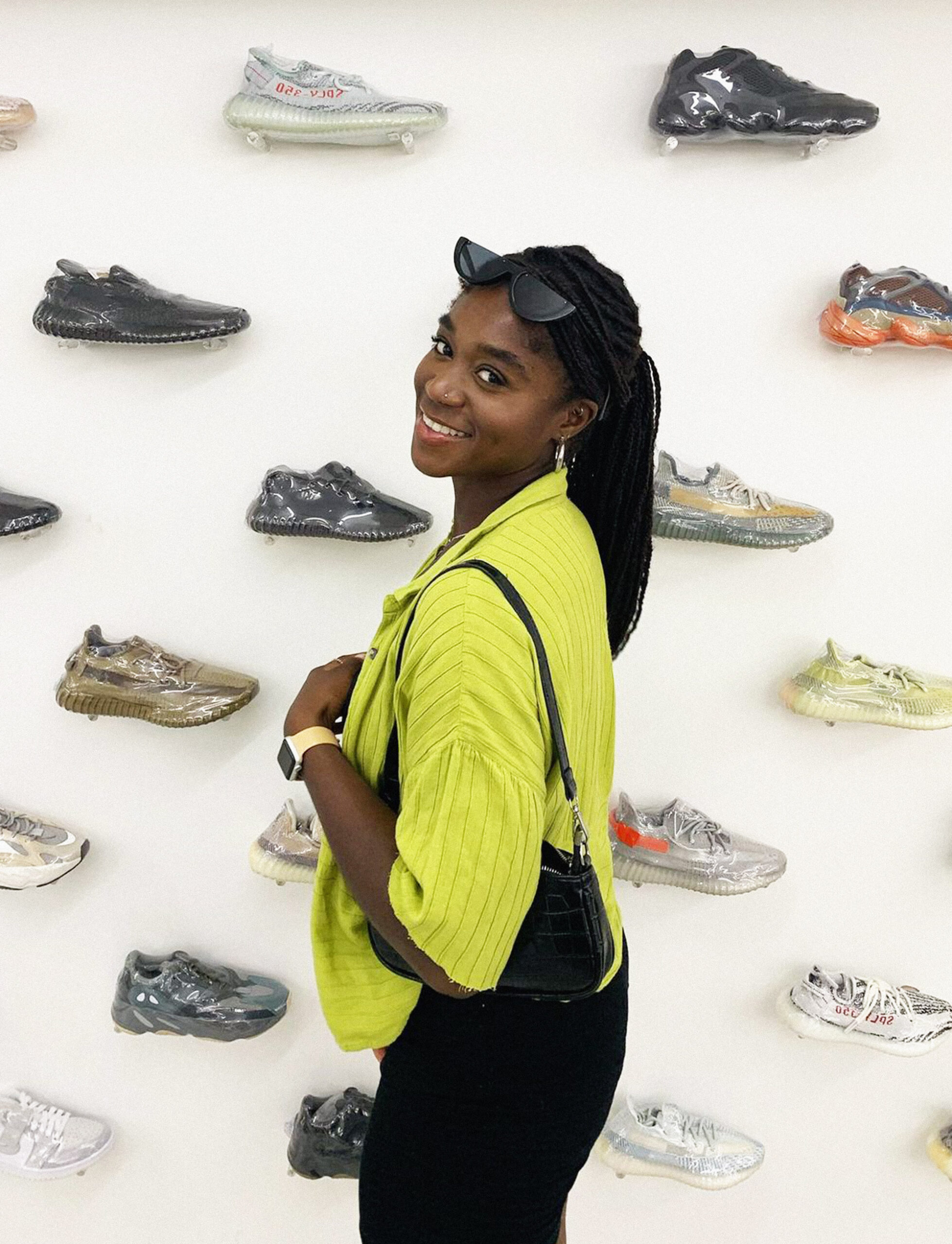
Glorious: How did you first get into rowing and what is it that you love about the sport?
Vwairé Obukohwo: I started rowing at sixth form, just to stay fit and have something to do. I didn’t know it was even a sport at first. I knew of a rowing machine at the gym, but didn’t actually realise the magnitude that rowing can be taken to. The captain of our rowing team told me I was pretty decent and encouraged me to enter competitions, where I was scouted by the GB Start Programme. I started rowing at Twickenham Rowing Club, being coached by Helen Brown who developed me into the athlete I am today. I love rowing because of how challenging it is. I would say that it is impossible to perfect and I enjoy that feeling of figuring it out day by day. Every time I get a personal record, or even just have a good session, I feel like I am getting closer to this impossible perfection.
Glorious: Organised rowing races originated among the privileged, white males of Oxford and Cambridge colleges in the 1820s. What is your experience of rowing as a young, Black, female today? What barriers have you faced?
Vwairé Obukohwo: I have experienced a few micro-aggressions, which is unfortunately expected in a predominantly white space. It is important to use my opportunity of being in this space to educate more ignorant individuals. Whilst I know it is not my job, I am aware that most of the more closed-minded people haven’t actually had the privilege of interacting with different backgrounds. So, by me simply existing in their space can help them unlearn biases they’ve held for years.
I would say the biggest barrier I have faced is the socio economic aspect. Traditionally, rowing is predominantly for upper-middle class individuals, so the expense of boats, races, camps and other parts of training has not been a big ask from them. However, being from a more modest background, these expenses were quite daunting. My whole life, I perceived my family as quite well-off, as we never lacked any necessities, so getting into rowing and feeling not as financially endowed was quite peculiar. Fortunately, my support system has always been determined to see me excel, so with their help I have been able to perform at a high level despite my socioeconomic background.
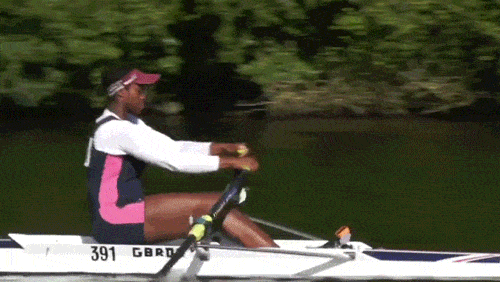
Glorious: You hold a world age group record and four British age group records. Describe how it felt to achieve these.
Vwairé Obukohwo: I attained indoor rowing records quite early on in my career. There was something about an indoor rowing machine that came so naturally to me. It was definitely an eye-opener to my potential and made me hungry for more. I found it so cool, and as I was so young, it excited me to see how far I could take it.
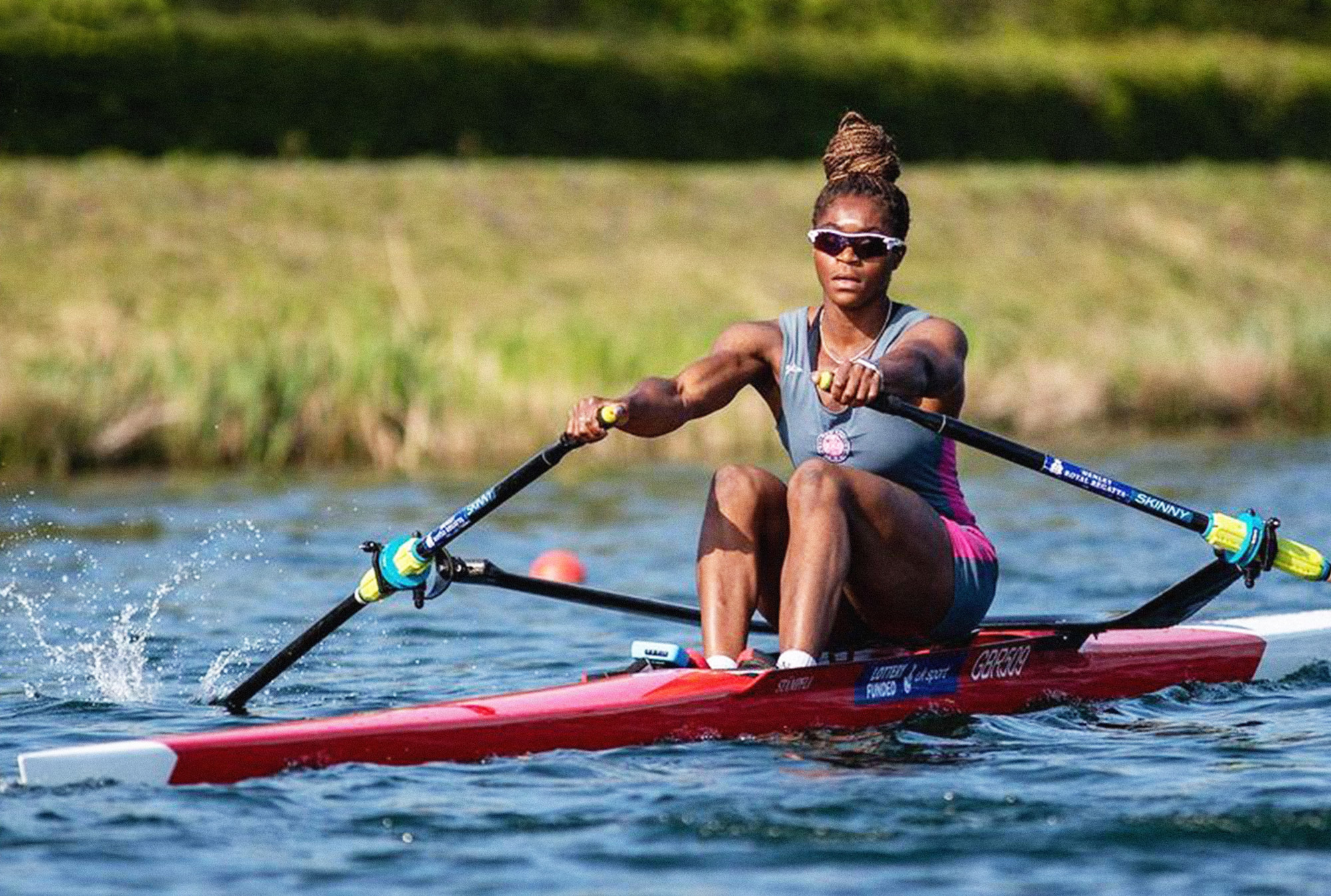
perfection
Glorious: How do you mentally prepare for a race and what are your pre-race rituals?
Vwairé Obukohwo: I have to listen to some hype music before a race. I need to feel like the strongest person on the course and there’s definitely an element of ego boosting involved. My go-tos are Nicki Minaj (especially “Itty Bitty Piggy” and “Anaconda”), Flo Milli and some Kanye. I’ll also have sugary sweets and a coffee to get the blood flowing.
Glorious: How do you balance university and rowing and what have you learned more from; university or rowing?
Vwairé Obukohwo: Balancing university and rowing was more strenuous at the start. The pandemic altered my university experience majorly, so with more things going online that made it easier to manage, but it was still difficult. Luckily, I was able to split my final year and spread the workload so I could have a better balance. I’m now in my final year and this is the first time I’ve felt like I am on top of both. What has helped the most is having good communication with my coach and lecturers in order to keep expectations on the same page.
I’m never afraid to ask for help because at the end of the day I am only human and there’s an extent to which I can perform both physically and mentally, so having a strong support system was very useful.
Honestly, rowing has taught me more. Rowing has taught me so much about hard work and determination, which helps with university of course, but the elements of stress and high pressure is a lot more severe in rowing from my perspective. I have also learnt so much about myself from rowing, which my university experience during the pandemic didn’t allow for. However, I am grateful for my university experience and the education it has given me, as it has introduced me to some incredible people who changed my life for the better.
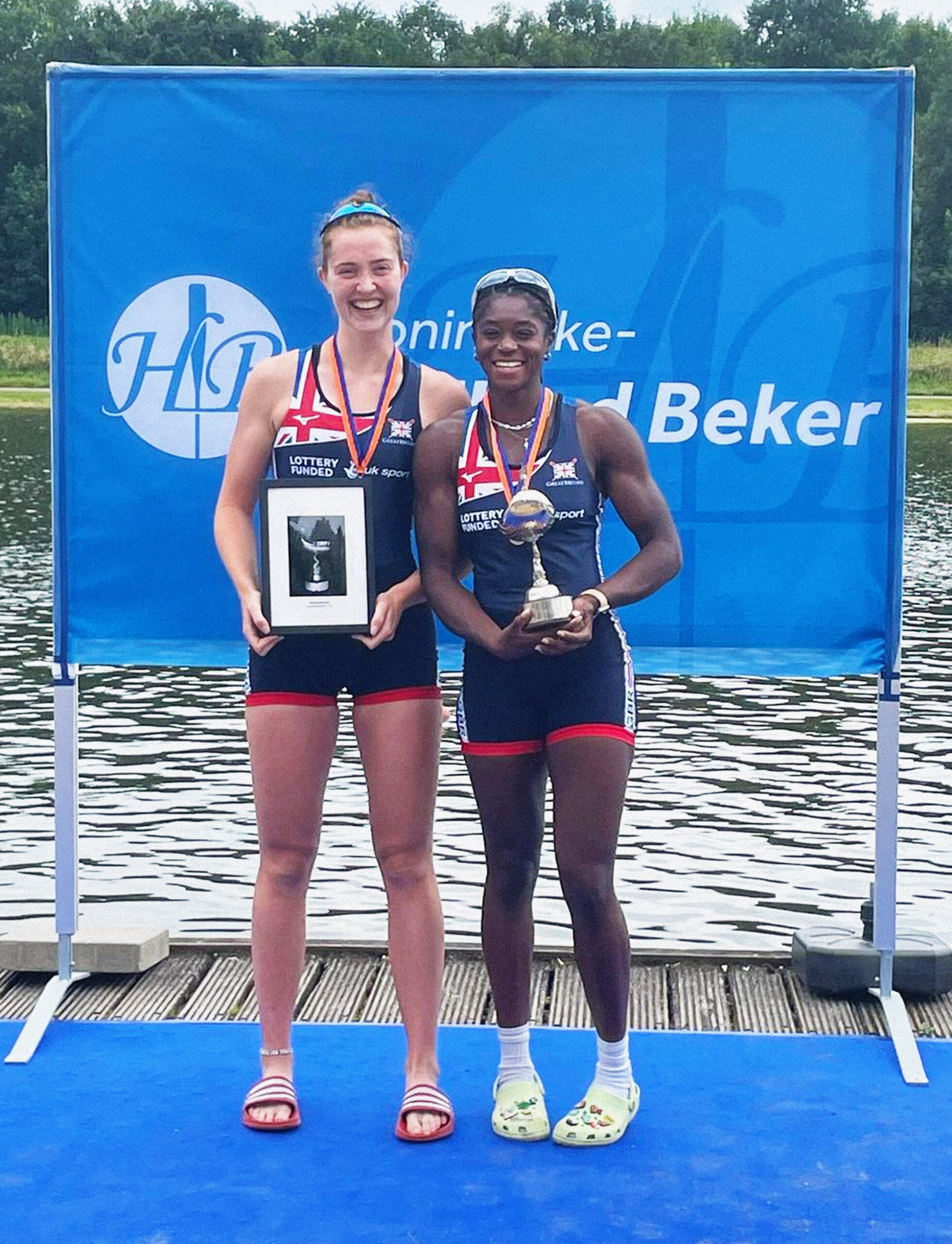
Glorious: Do you feel like you have missed out on certain aspects of university life as a result of your commitment to rowing?
Vwairé Obukohwo: Rowing is a full-time job and this level of commitment is a lot to ask of anyone, let alone at such a young age with other avenues I want to explore. There’s always going to be an element of FOMO regardless of what I am doing though. It’s human nature to want to be greedy and have it all, but unfortunately that will never be reality. My passion for rowing and determination to be the best version of myself is what absolves the despair of missing out. Looking at where I am now and where I aspire to be, I wouldn’t change the journey one bit.
Glorious: Outside of training, how important is self-care to your daily routine?
Vwairé Obukohwo: Self-care is something I am trying to prioritise in my daily routine. It is so important for mental health and wellbeing, so the small ways I can make myself feel better and loved will always be paramount. The little ways I implement self-care in my daily routine is by cooking and eating food that will make me happy, doing my skin care routine, getting outside and having some form of activity, talking to my loved ones and journaling to regulate my thoughts and emotions.
Glorious: You are an athlete mentor for the Dame Kelly Holmes Trust. Tell us about your role.
Vwairé Obukohwo: As an Athlete Mentor, my role is to deliver programmes (usually sport related) and support to young people. There is a lot of background work that goes into it, as some of the young people we deal with are from troubled backgrounds, so there’s safeguarding protocols that need to be administered in these instances. Ultimately, the goal is to promote a better lifestyle to young people and hopefully allow them to realise their potential. In my early rowing years I felt like I didn’t belong and questioned whether there was any chance for me to excel in this environment where no one looked like me. Because of this, I hope to be able to alleviate any doubt from young people that are in situations that cannot facilitate an environment to excel and achieve their goals. Glorious: What mark do you wish to make on the rowing community during your time as an athlete? Vwairé Obukohwo: I hope to break more records and advance women’s rowing more than it ever has before. I feel like there’s still so much untapped potential and more intense competition to be had for women’s rowing. Beyond this, I hope to inspire anyone who feels like they don’t belong. Sport should be open to all regardless of race or ethnicity, so I want to represent young rowers. It’s always less daunting when there are familiar faces.
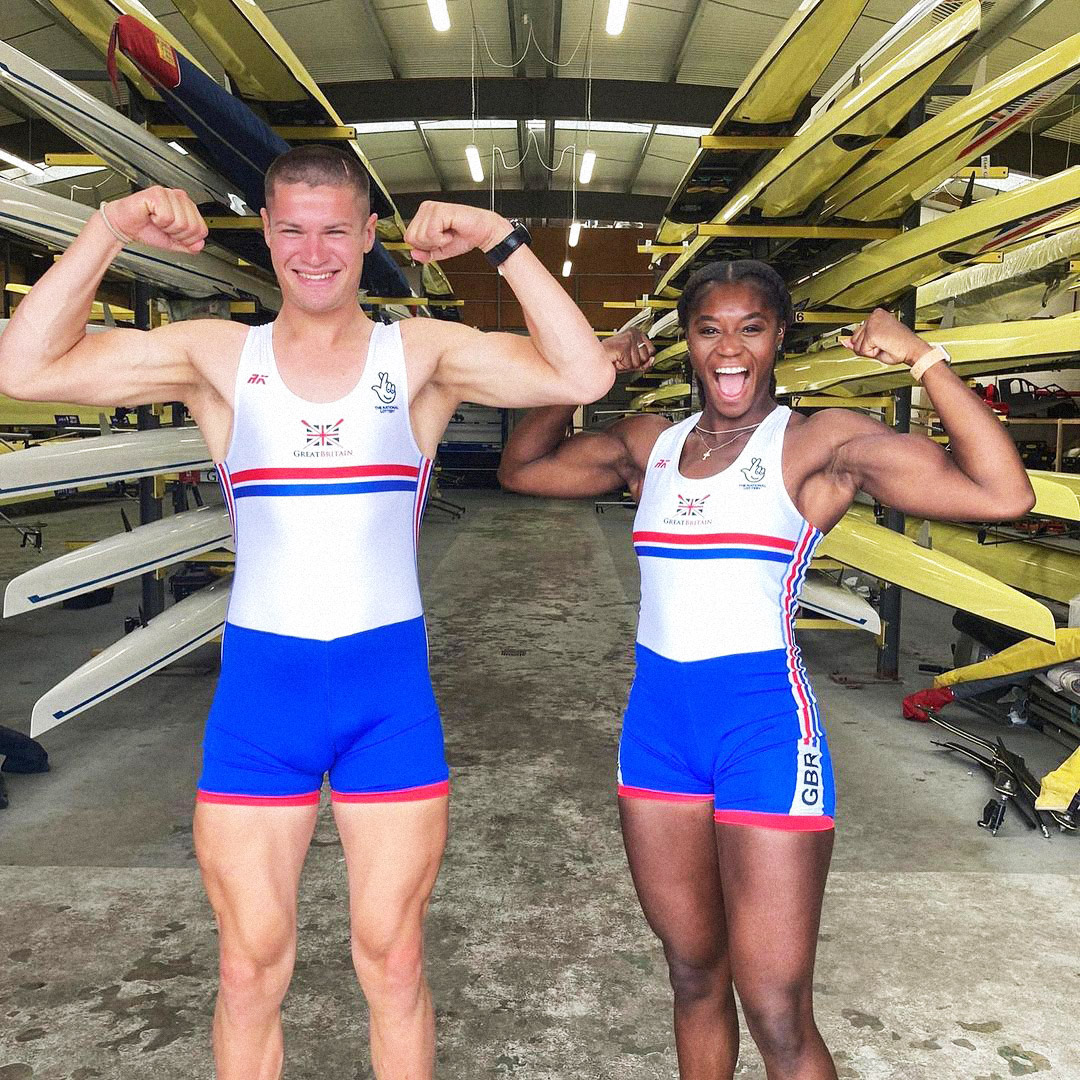
Glorious: What would you say to young, aspiring female rowers?
Vwairé Obukohwo: What’s most important is that you stay focused on being the best version of yourself. Your potential is limitless and nothing should make you think otherwise. As long as you’re having fun and enjoying what you’re doing, you will be capable of achieving what you set your mind to.
Glorious: Outside of rowing, what are your other interests? What is your perfect day off?
Vwairé Obukohwo: I am a massive foodie so anything involving good food, whether it be cooking or trying out a new restaurant, would be a nice start to a day off. On a bright day I like to be outdoors, as it’s so refreshing to get out and be active. Spending time with loved ones is always appreciated because busy schedules often clash so it’s a rare treat to share quality time. I also have a podcast called ‘Self-Proclaimed’, where I just rant about life as a young student athlete and everything that encompasses it, so I’d love to squeeze a recording in there too.
Glorious: If you were to pursue a career outside of rowing, what would it be?
Vwairé Obukohwo: Something along the lines of my degree, economics. I do enjoy the welfare aspects of economics and I have always wanted to help in some capacity, so I would probably do research into inequalities (whether it be income, gender, sexuality, religion, etc.) and how to alleviate the extreme gaps we see in society.
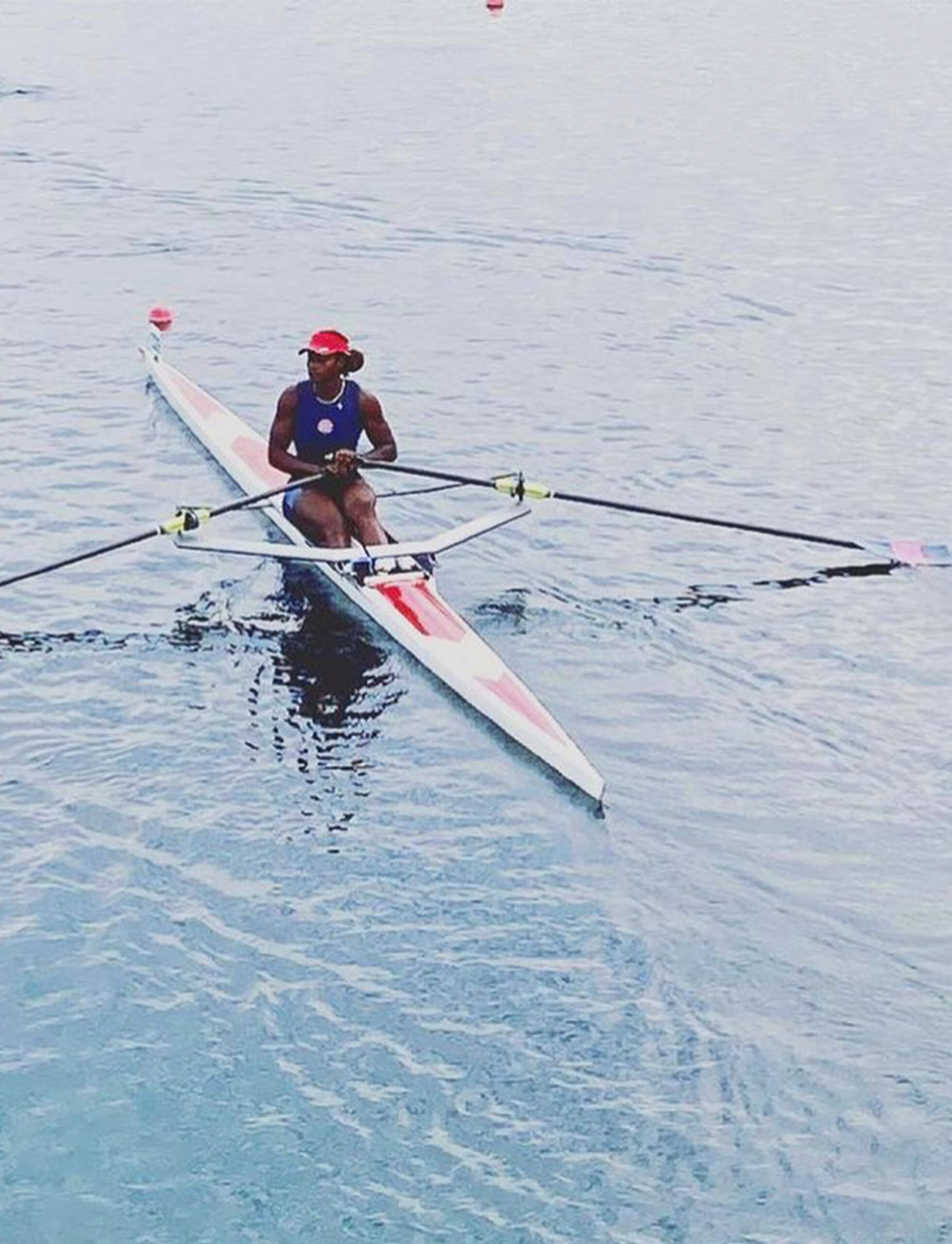
Glorious: Who are your female icons? Inside and outside of sport?
Vwairé Obukohwo: Serena Williams is my number one female icon. As a Black woman in sport she has made herself a household name and been the representation every young Black girl in sport needs. Her physique also helped me feel less insecure about being so muscular as a Black woman, which is often frowned upon or taunted. Seeing how she embraced her muscles and how they ultimately are her biggest strength made me have a similar outlook on myself. Dina Asher-Smith is also up there, I love how she carries herself and how she is a young Black woman in sport so I am able to resonate with her. Outside of sport, Beyoncé is my biggest icon. Her hard work and timelessness is something that can never go unnoticed. Most importantly, she makes me feel so empowered as a Black woman to feel like I have limitless potential.
Glorious: What are your goals for the future?
Vwairé Obukohwo: Ultimately, I am aspiring to be an Olympic champion. After that, I would like to stay involved in sport in some impactful way, hopefully make a name for myself like some of my biggest inspirations.
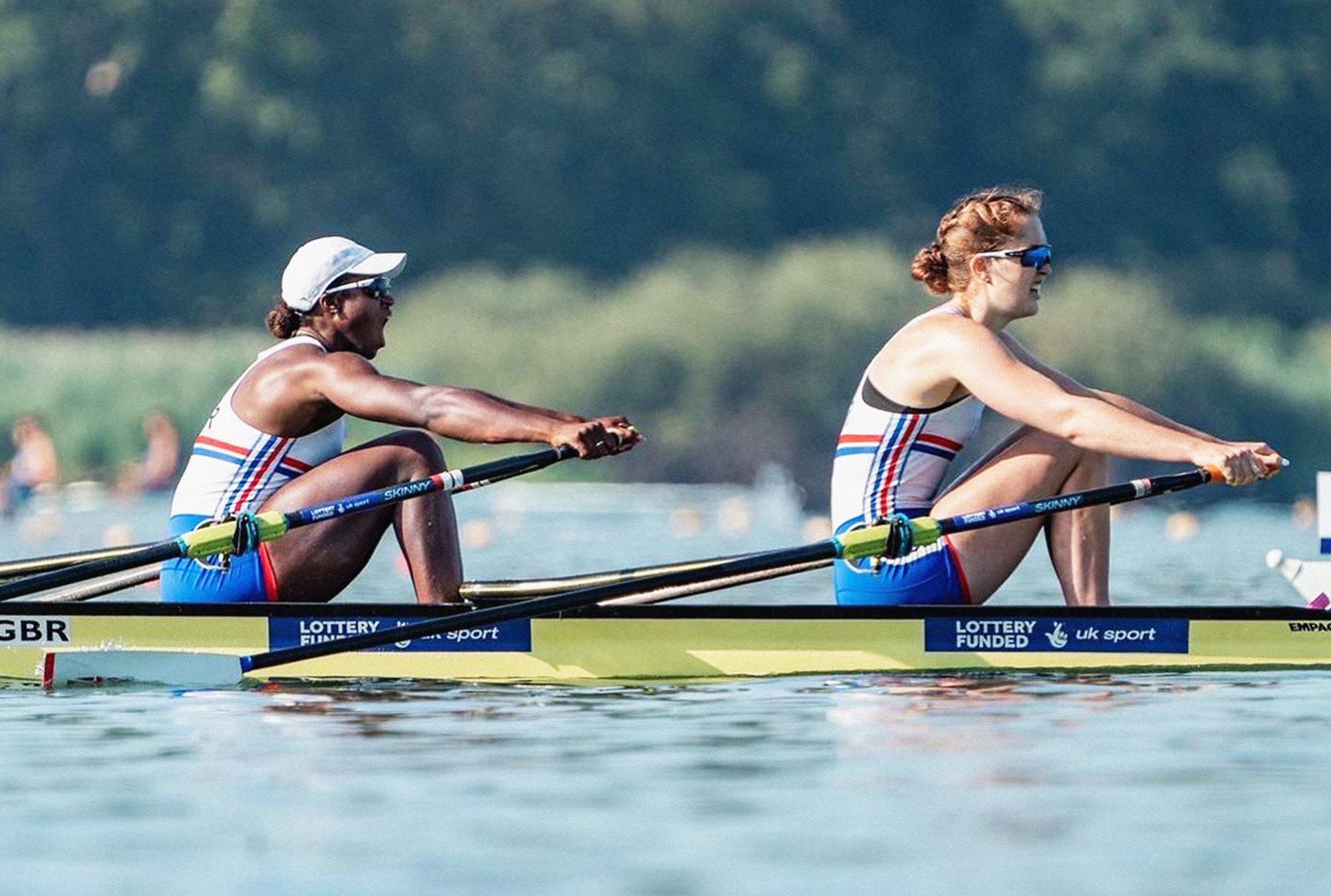
Editorial design by this is root
